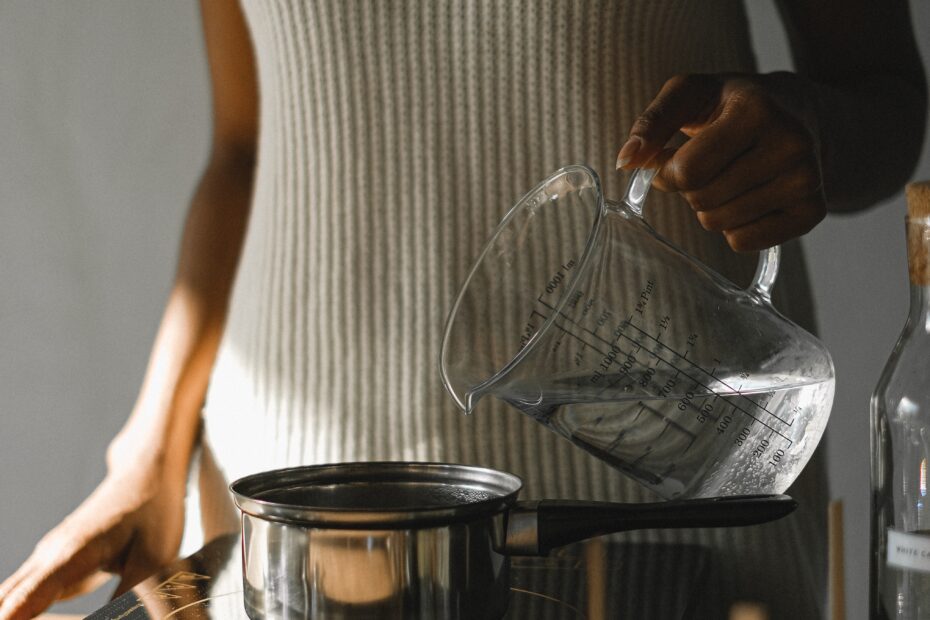Introduction
Slow cookers have become a popular appliance in many kitchens, thanks to their convenience and ability to create delicious, home-cooked meals with minimal effort. However, concerns about energy consumption often arise when using these devices.
In this blog post, we will delve into the question: “Does a slow cooker use a lot of electricity?”
By exploring the factors that contribute to energy usage and addressing common queries, we hope to shed light on this topic and help you make an informed decision about incorporating a slow cooker into your culinary routine.
The way a slow cooker functions
It’s crucial to comprehend how a slow cooker works before we go into the energy use. A slow cooker, commonly referred to as a crock-pot, is a type of electric cooker that cooks food using low heat for a prolonged period of time. It is made out of an insulated shell surrounding a stoneware or ceramic pot that is heated.
Determinants of Energy Use
Several aspects affect how much power a slow cooker consumes, including:
a) Wattage: A slow cooker’s wattage can vary, however the majority of models normally range from 200 to 300 watts. The more watts something has, the more electricity it uses. However, slow cookers often consume less energy than other kitchen equipment like stovetops or ovens.
b) Time required for cooking: Slow cookers are made to cook food slowly at low temperatures, usually between 170 and 280 degrees Fahrenheit. The prolonged cooking time enables flavor infusion and meat tenderization. Slow cookers are energy-efficient when compared to other cooking techniques, even if the energy usage over a long period of time may appear substantial.
b) Insulation: The excellent insulation found in slow cookers helps to keep heat in and prevent heat loss. Energy efficiency is improved by this insulation since it uses less energy to maintain it.
FAQs About Slow Cooker Energy Consumption:
FAQ 1: Can I leave the slow cooker on for an extended period?
Answer: Yes, slow cookers are designed to be left unattended for hours, making them safe for all-day cooking. While energy is consumed during this time, the overall energy usage remains relatively low due to the slow cooking process and energy-efficient design.
FAQ 2: How does a slow cooker compare to other cooking appliances?
Answer: Slow cookers are more energy-efficient than conventional ovens or stovetops. They use a fraction of the electricity required by these appliances, especially when cooking for long periods. So, if you’re looking to save energy while enjoying delicious meals, a slow cooker is a great option.
FAQ 3: Are there any tips to further reduce energy usage?
Answer: To optimize energy efficiency, consider these tips:
Fill the slow cooker at least half-full for best results.
Preheat the slow cooker if the recipe allows, reducing the cooking time and energy consumption.
Avoid frequently opening the lid, as it can cause heat loss and increase cooking time.
Conclusion
In conclusion, slow cookers are a convenient and energy-efficient way to prepare meals. While they do consume electricity, their low wattage, long cooking times, and excellent insulation contribute to their overall energy efficiency.
Compared to traditional cooking methods, slow cookers use significantly less energy.
By following simple tips to further reduce energy usage, you can enjoy the benefits of slow cooking without worrying about excessive electricity consumption. So go ahead, embrace the ease and deliciousness of slow cooking, knowing that it won’t break the bank or put a strain on the environment.
